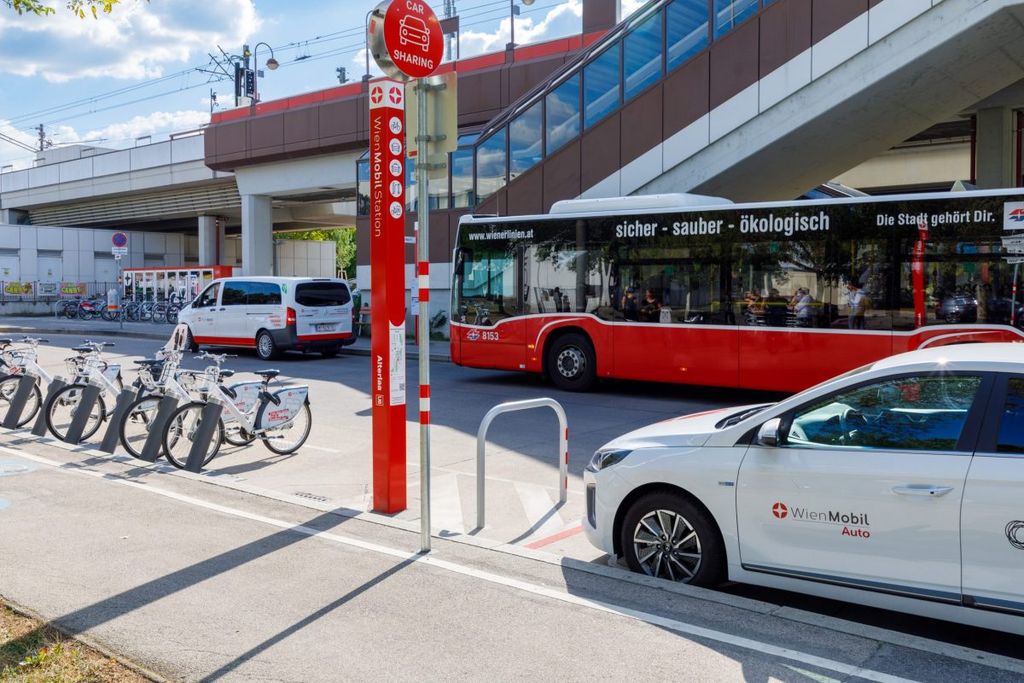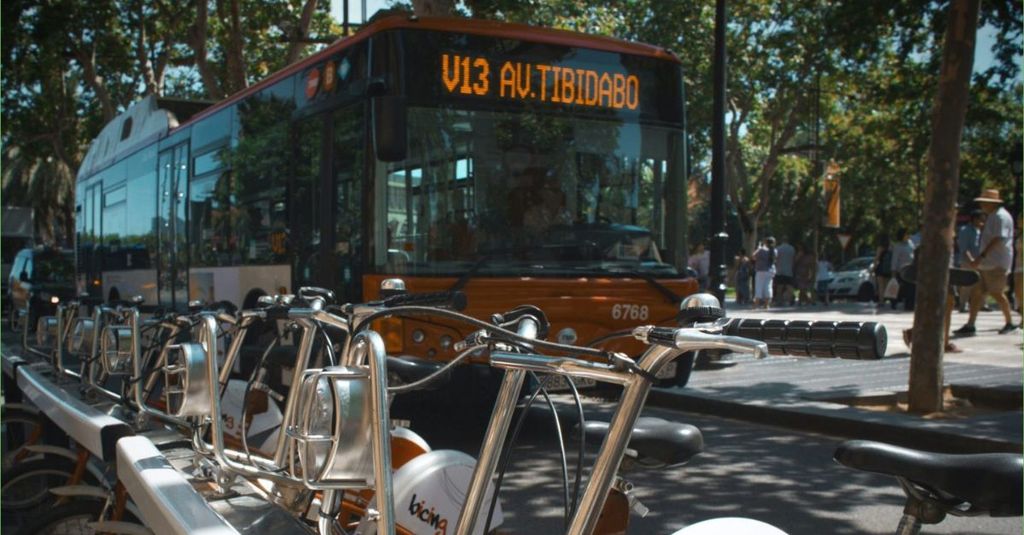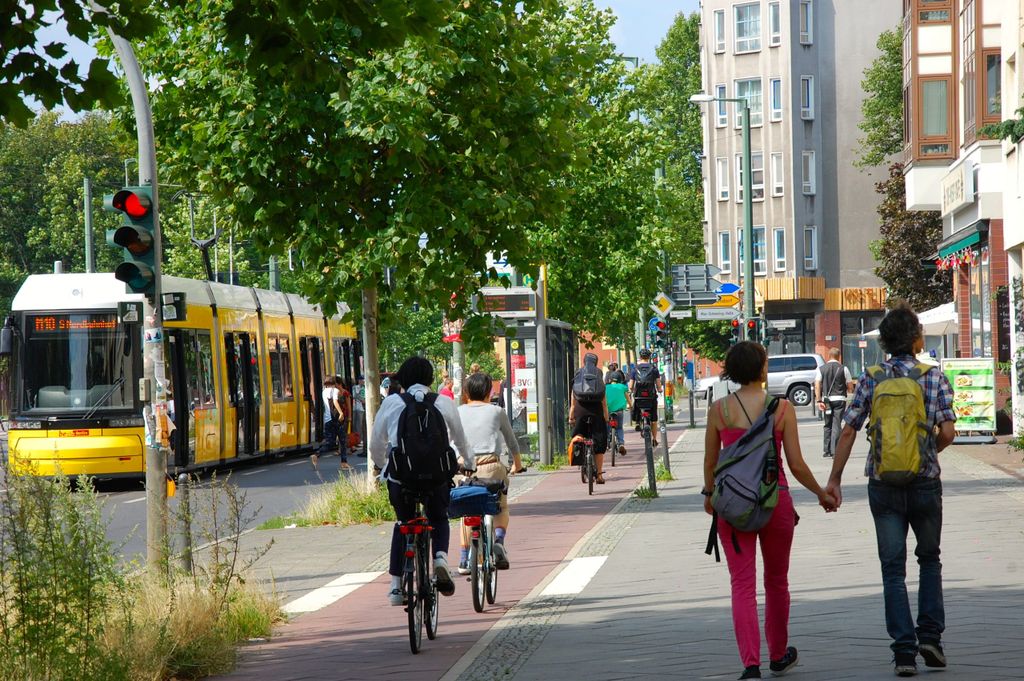
Shared mobility
A revolution in urban mobility and beyond
We need to take action.
Today, mobility generates one third of all urban emissions. This impact will only grow as billions more people move to cities, increasing passenger demand 79% by 2050. To reduce transport emissions globally, we need to encourage a shift away from the private car and towards more sustainable, higher occupancy modes. That makes shared mobility an invaluable part of the solution.
We know that the term shared mobility is quite broad given the diversity of the sector. So, what does UITP mean by shared mobility? We define shared mobility as the sharing of vehicles, like micromobility or cars, among various users.
On the one hand, you have shared vehicle services where users drive themselves to their destination. On the other, you have on-demand mobility services where others drive for you, such as demand-responsive transport, taxis, ride-hailing, and carpooling. When these work in tandem with traditional public transport modes, we call this combined mobility.
When well integrated, shared mobility can add to a multimodal transport system to offer more affordable and environmentally friendly transportation alternatives to the private car. By enriching the mobility mix, shared mobility satisfies different needs and – importantly – makes door-to-door journeys easier.
While this concept is universal, shared mobility is especially important in emerging economies and rural areas. Developing countries/territories are urbanising faster than anywhere else, and research finds that shared mobility can help in this transition. Through integration with public transport and the development of key mobility hubs, UITP research shows that shared mobility can grant rural areas access to equitable opportunities and recourses and decrease the cost of transport.
Our committees and working groups on shared mobility:
A brand new division
To maximise its benefits, shared mobility must work hand-in-hand with existing public transport. Only then, can we optimise the modal shift so that shared mobility replaces the private car, and not journeys spent walking, cycling, or on traditional public transport.
To support this approach, we are proud to announce the new UITP Shared Mobility Division.
The UITP Shared Mobility Division gathers stakeholders from across the sector. This includes start-ups working on the cutting edge of micro-mobility and autonomous driving, but it also welcomes traditional stakeholders like taxi companies and public transport operators that operate, for example, a shared bike system. The division is also open to authorities regulating the sector and associations in the field.
At the heart of our engagement will be UITP committees and working groups. These bring together selected professionals from sectors in shared mobility. They are the active working bodies of UITP and work on peer-to-peer exchanges and creation of knowledge for the sector.
Our research is advancing shared mobility
Discover everything about shared mobility! Find out how to get involved, meet your peers, and stay up to date with the latest expert insights.
Read more about:
The latest from UITP on shared mobility

Contact
UITP

UITP
Membership benefits






